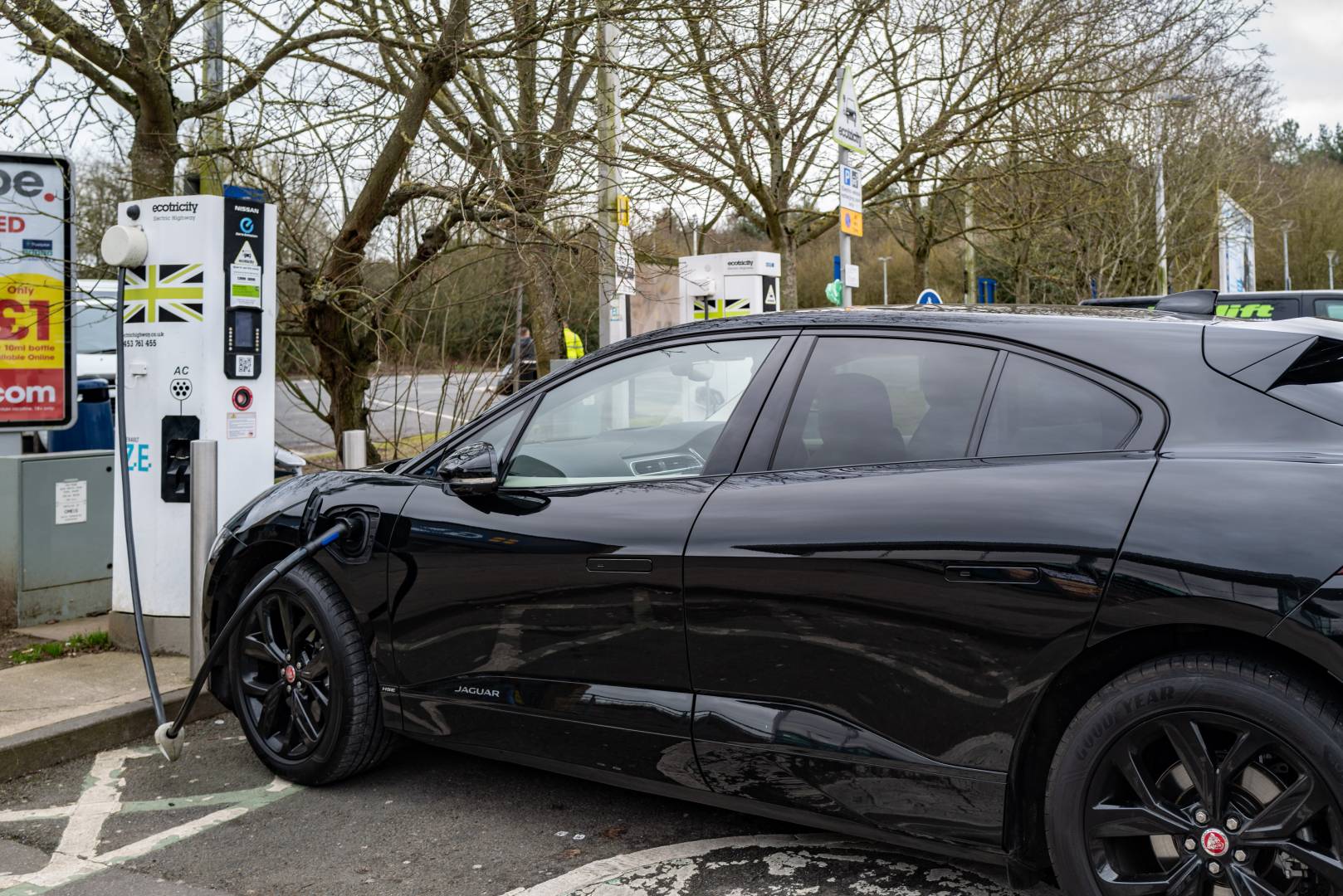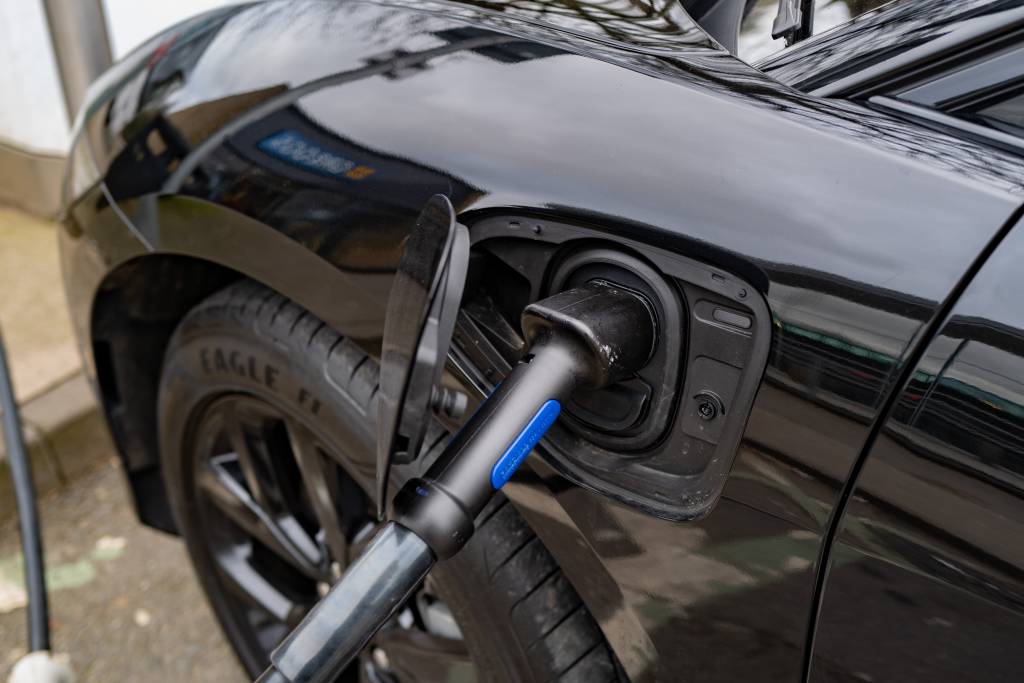I’m not one for constantly swapping and changing energy suppliers to gain a temporary advantage here and there. At home, I’ve been with the same gas and electricity company for many years. Occasionally I’ve looked around, prompted by some website or other, but the small savings never seemed worthwhile. And there is always the suspicion that one is falling for a loss leader which will be followed by big increases in the next year.
With the arrival of the Jaguar I-Pace, however, I thought it was time to look around. My electricity usage is likely to be rising as a result of frequent home charging. Fortuitously, a friend enthused over a particular company, Octopus Energy, which, he said, would save money. Of course, I was sceptical, but I was astonished to find from the quotation that I could save 23% on my combined gas and electricity bills by switching.
As far as I can see, there are no snags. I’ve signed up for a twelve-month fixed-rate deal with no strings, no hidden charges and no exit fees if I get fed up. What’s more, the website and telephone communications have been exemplary. I even shared John’s referral code and we’ve both received a £50 sweetener as a result. For the first time, I feel that a bit of searching around has paid dividends. I’ll be nearly £500 a year better off and this is no small feat in high-energy-cost Britain. From now on I will be paying 14.5p per kilowatt-hour compared with 18.7p from my old supplier.
Readers abroad, particularly those in the USA, will probably be aghast at these figures, which equate to 18.8 cents and 24.3 cents respectively. A friend in Washington, DC, who also owns an I-Pace, pays 11 cents per kWh. And, of course, this sort of saving is reflected in the cost of gas and diesel where, despite what you might imagine, US prices are ludicrously low in comparison with those in Europe.
No doubt readers will tell me I could do an even better deal. I have to admit that I was astonished at the amount I was paying for a unit of electricity — I had imagined about 12p — and it was only the acquisition of the car and the prospect of higher bills that caused me to look around.
Incidentally, someone is bound to ask if I investigated installing an economy meter to provide cheaper night-time power to charge the car. I did, but, strangely, the increase in the day cost, which represents most of my usage, was so high that the overall charge rose rather than fell. Lesson learned.
If you are in the UK and want to check our your particular usage and bills, here’s a referral link if you decide to sign up: share.octopus.energy/pink-zebra-525. Using this gets you £50 and Macfilos also receives an equivalent donation to help with the running costs. Thanks in advance!



14.5p/kWh converts to 13.50 rupees here (at 93.13 rupees per GBP). I think our current unit price is 8 rupees per kWh. And I thought our energy costs were high.
I’ve just been trying to search Private Eye (..the magazine, which is also online..) as I seem to remember various articles about smaller power companies which have been collapsing, and I thought I remembered Octopus’ name amongst those just about staying alive.
Alas, PE’s website doesn’t appear to be searchable – so maybe I’m just imagining it ..but can’t verify it either way. I don’t know if that’s a useful comment, or the opposite!
Hmmm. I don’t know. As far as I can see Octopus is the only company recommended by Which? magazine and it seems to be thriving. Watch this space.
I find it is cheaper to tap into the neighbours or public electricity.
Haha.